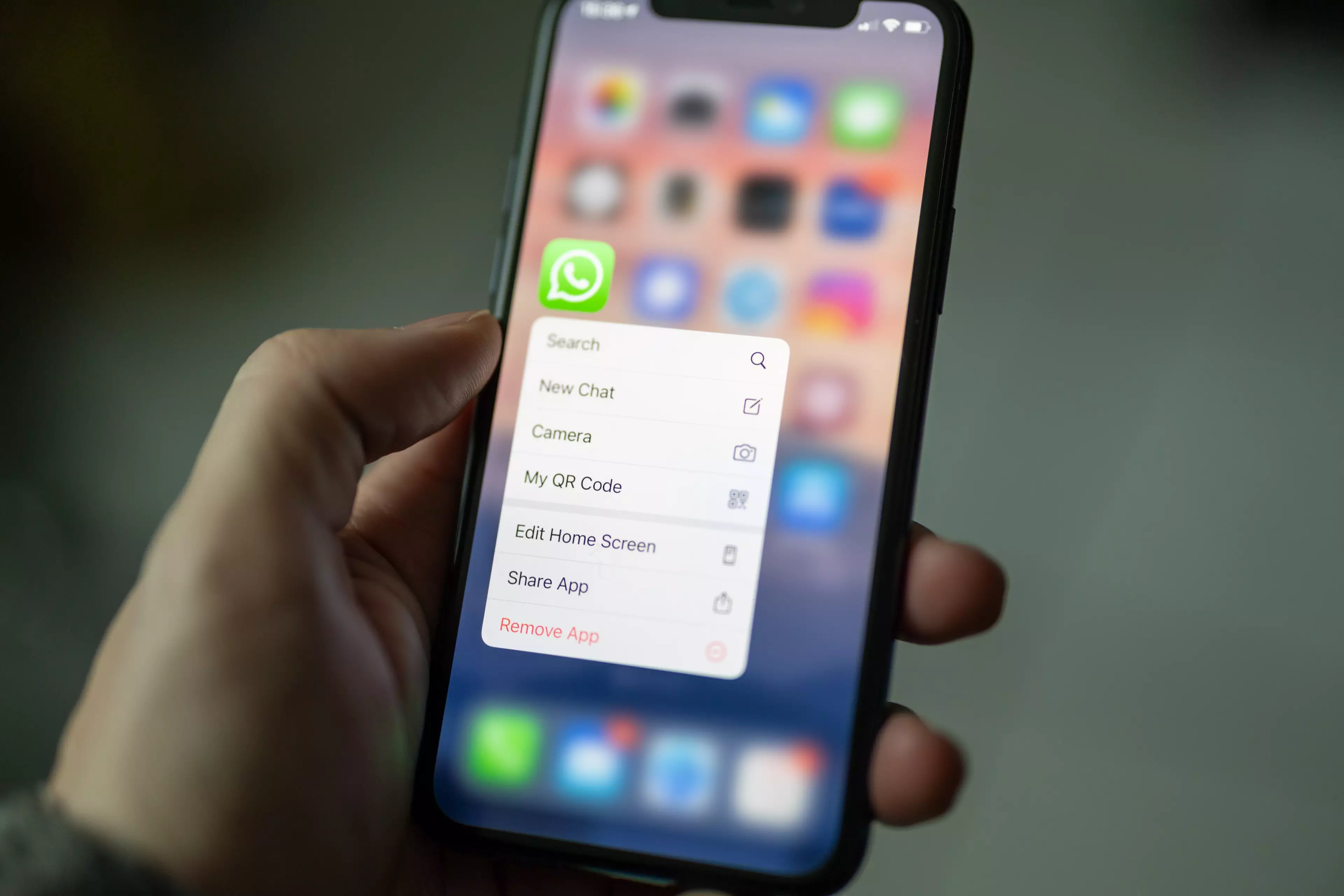
People have been warned about a new WhatsApp scam targeting concerned British parents.
The sinister scam sees fraudsters pretending to be their target's children, texting them from an unknown number in desperate need of financial help.
Deciding to shed light on the scam, consumer magazine Which? shared a series of text messages from a conman pretending to be a target's daughter.
The conman claims the daughter lost their phone, hence the reason behind the number change, and share a fabricated story about needing to make an urgent online bank transaction.

However, the daughter is unable to make the transaction as she's locked out of her bank account due to her new number, thus where mum and dad step in.
Setting up the fraudulent request, the scammer says: "I'm ashamed to ask you this... But I have overlooked something very important. x.
"Well mum, I can't do the banking by my own phone number," the text continues. "I have now a payment that must be paid today at the latest. That's now impossible.
"Because of the security checks which is linked to my old number. Might it be okay if you pay the payment until I get back into my banking? That will be on Friday."
Fortunately, on this occasion the mother in the texts demanded the conman tell her which child was contacting her, which they were unable to do.
According to the publication, criminals have nabbed almost £50,000 from parents who have fallen foul to "hello mum" and "hello dad" frauds which begin with a text or phone call from someone purporting to be a son or daughter.
Action Fraud, the national reporting centre for fraud and cybercrime, said that some victims had lost up to £3,000 to the scam.
They also reported 25 instances of the scam between August and October, with victims losing a combined total £48,356.
Advert
WhatsApp Policy Manager Kathryn Harnett shared her advice to protect parents from the scam.
She told Which?: "WhatsApp protects our users' personal messages with end-to-end encryption, but we want to remind people that we all have a role to play in keeping our accounts safe by remaining vigilant to the threat of scammers.

"We advise all users never to share their six-digit PIN code with others, not even friends or family, and recommend that all users set up two-step verification for added security.
"And if you receive a suspicious message (even if you think you know who it's from), calling or requesting a voice note is the fastest and simplest way to check someone is who they say they are.
"A friend in need is a friend worth calling."
Featured Image Credit: UnsplashTopics: News, Technology, Scam